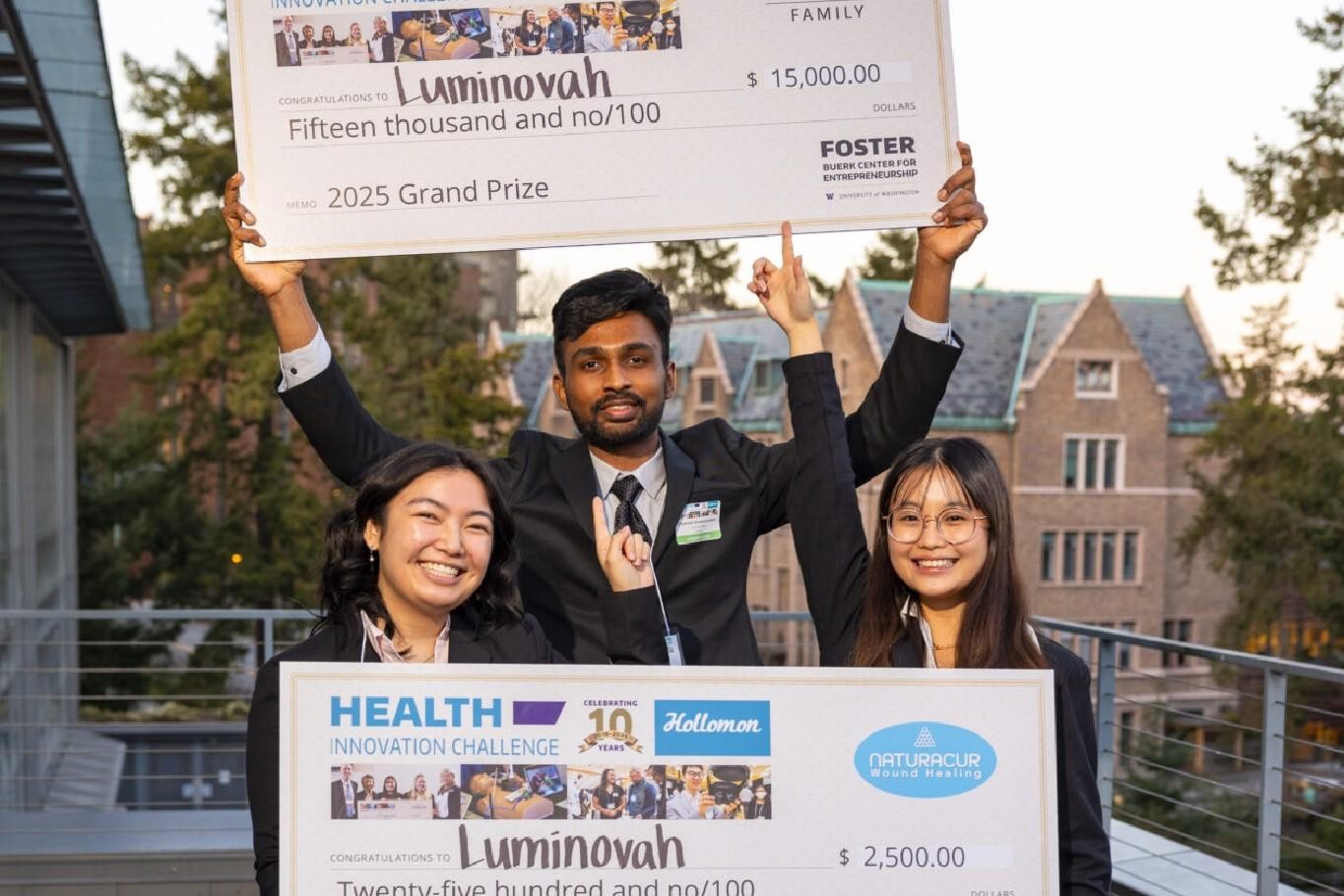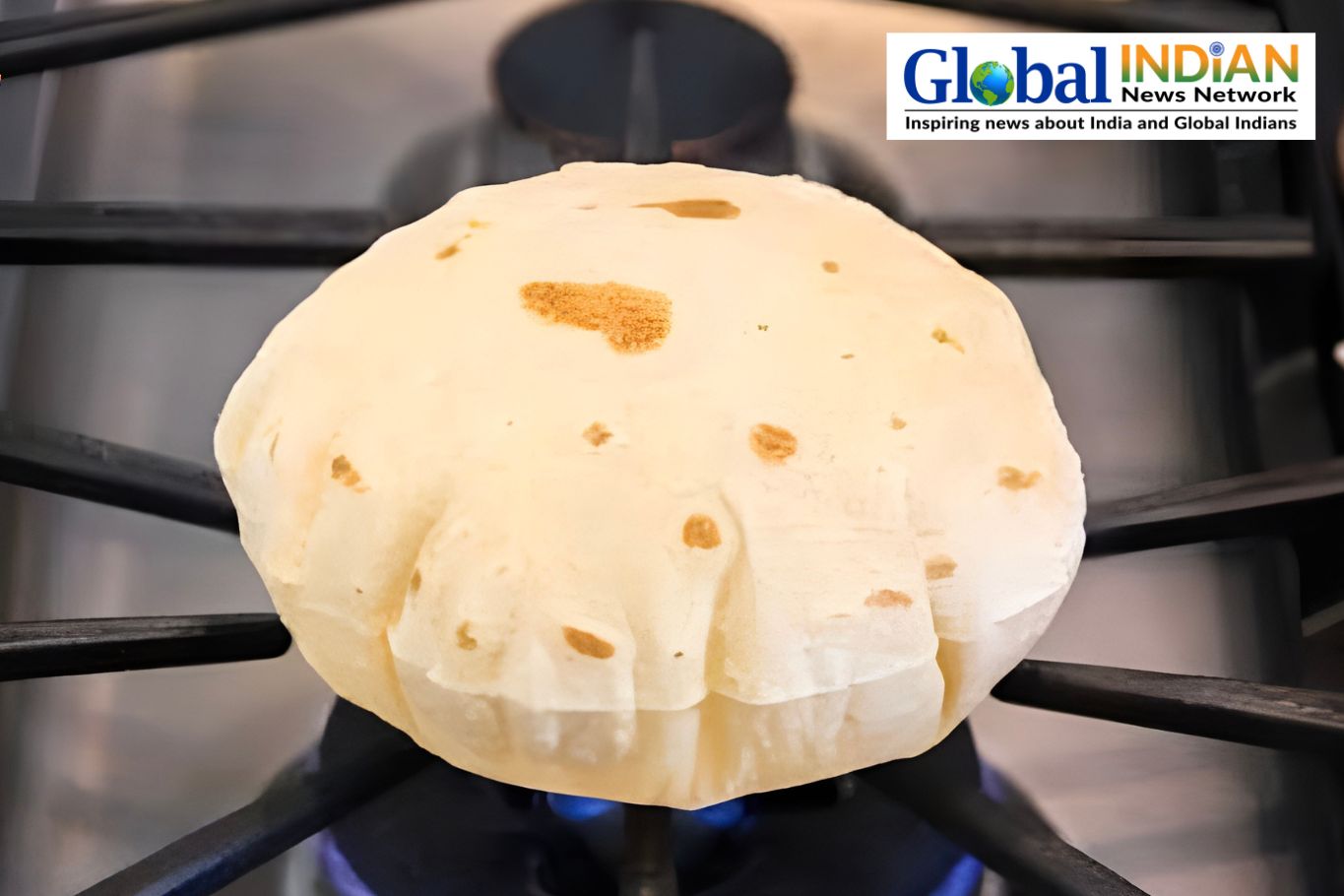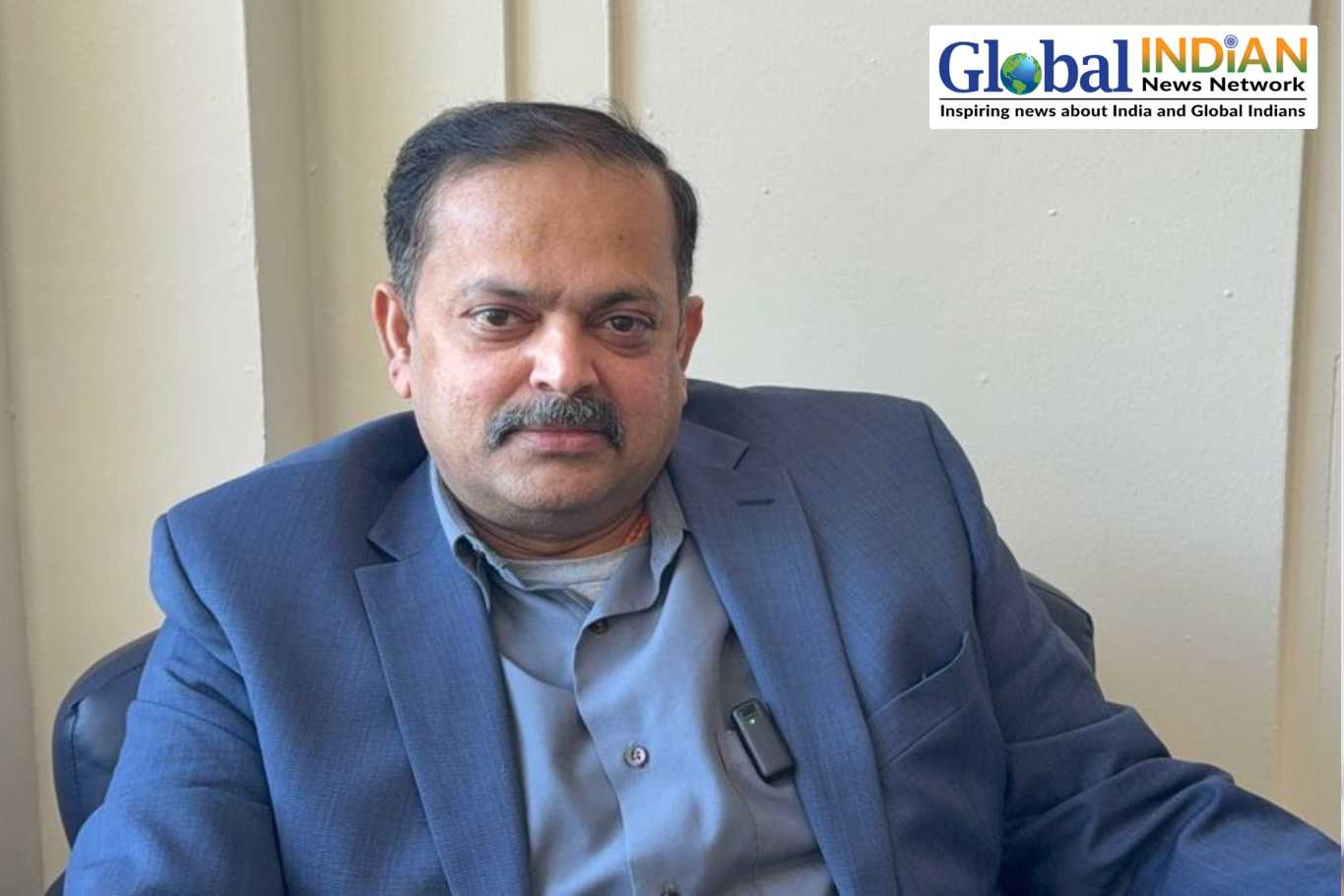
A team from the University of Washington, led by Indian-American student Tejoram Vivekanandan, has won the $15,000 grand prize at the Hollomon Health Innovation Challenge for their non-invasive jaundice detection technology. Their startup, Luminovah, aims to enhance early diagnosis and treatment of newborn jaundice, a condition that remains the fourth-largest cause of neonatal mortality.
“Our motivation is saving lives,” said Vivekanandan, who serves as the tech lead for Luminovah. He highlighted the shortcomings of existing jaundice detection methods, particularly in accurately diagnosing babies with darker skin tones. “It’s really hard to get a model working on all skin colors, but our device overcomes that challenge,” he added.
The team, which includes Lillian Tran and Nana Wang, is currently testing the device in animal models and collaborating with Seattle Children’s Hospital for human studies as they work toward FDA approval. They have also engaged with neonatal healthcare providers who have expressed strong interest in their solution.
Beyond hospital use, Luminovah plans to offer devices for rental to parents of newborns, enabling at-home monitoring to prevent complications like brain damage from untreated jaundice.
The startup also secured an additional $2,500 award for Best Idea for a Medical Device from Naturacur Wound Healing, bringing their total winnings to $17,500.
Vivekanandan, who previously conducted research at ISRO (2019) and NASA (2020), was a research assistant at IIM Madras’ Computational Imaging Lab before joining UW. He completed his bachelor’s degree at Coimbatore Institute of Technology, India.
The Buerk Center for Entrepreneurship at UW’s Foster School of Business, which hosted the competition, praised the participants for addressing critical health challenges with innovative solutions.










1 Comment
This is exactly what I was looking for. Thanks for the useful information.